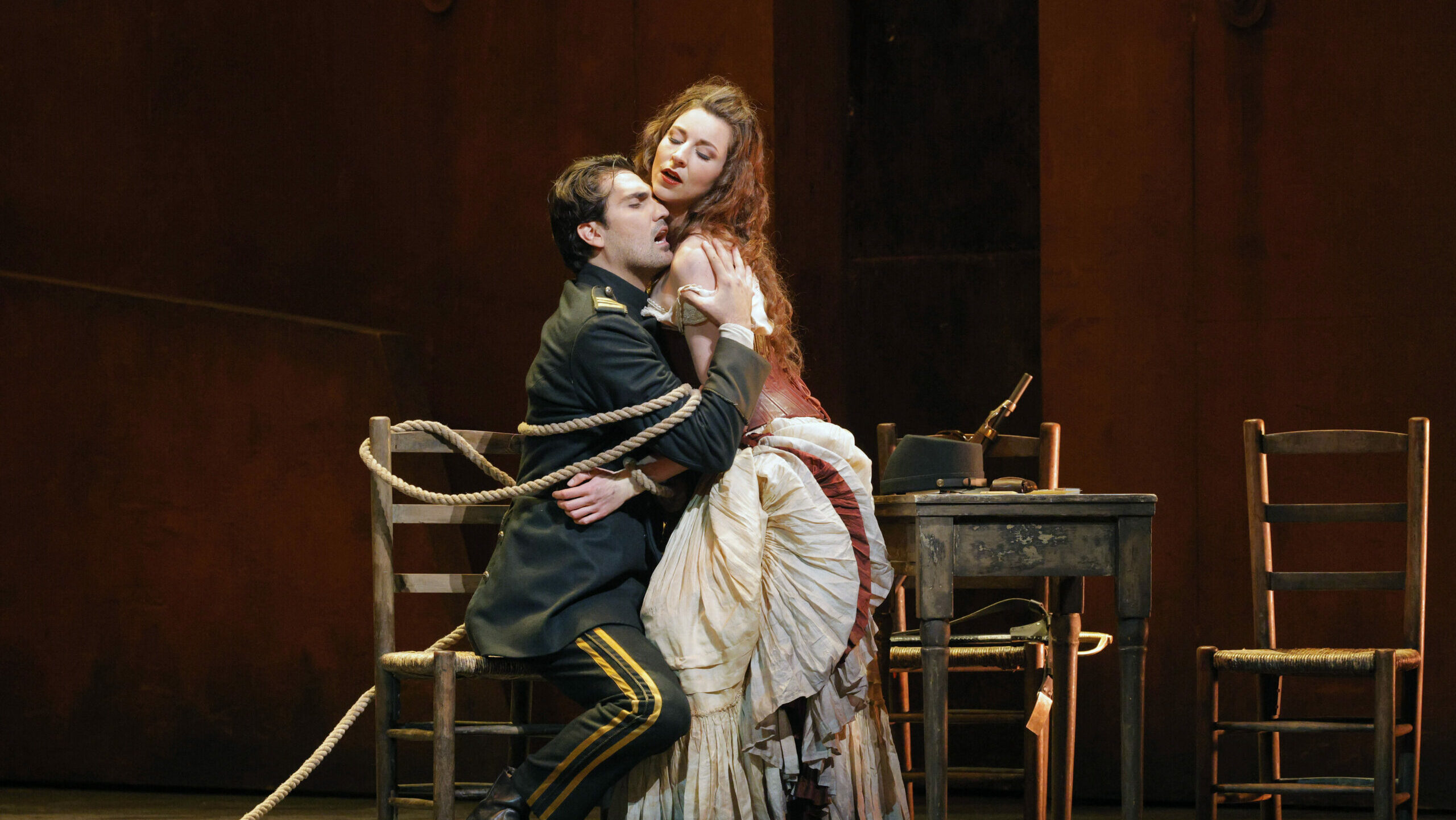
The Metropolitan Opera Orchestra has for a long time emerged as one of the world’s great orchestras. It is a treat to see these faces who usually are down in the pit working as part of an anonymous ensemble emerge as individual artists playing classical instrumental music they love. There were joined by a radiant operatic star, Nadine Sierra, adding a golden luster to the occasion.
The Met Orchestra Chamber Ensemble at Weill Recital Hall on March 11th presented a program that was wide-ranging, and at times esoteric, in its highlighting brass ensembles and neglected composers like Bohuslav Martinu and Carlo Gesualdo. Even the pieces from popular composers like Igor Stravinsky were unfamiliar. Many of the works on the program were in the 20th century mode of “tonality in crisis” – where nostalgic lyrical throwbacks to the Romanticism of the 19th and early 20th centuries are contrasted with dissonant modernist idioms. The past seems to be in conversation with the present.
Martinu’s “Fantasia for Theremin, Oboe, String Quartet, and Piano” which premiered in 1945 highlights the theremin, a rare instrument, which (in my observation) is mostly used as an atmospheric, spooky sound effect component in film scores. This Fantasia has a searching quality as the anguished and tense music of the sextet is placed in counterpoint with the otherworldly melody of the theremin. One gets a sense that they are two different planes – the chamber ensemble representing an anguished post-war reality (fraught and in doubt) and the theremin a ghostly lyrical voice from a supernatural plane sadly observing the cruelty of existence. Darryl Kubian, the theremin soloist, played with admirable control of pitch. Kubian is a member of the New Jersey Symphony’s first violin section and former principal second violin of the Brooklyn Philharmonic Orchestra. He is also a composer and a soloist on the theremin.
The Two Motets by Carlo Gesualdo (1603, arranged by Peter Maxwell Davis, 1982) were scored for a brass quintets consisting of two trumpets, horn, trombone and tuba. The piece is mostly in minor keys, with stark classicism rubbing shoulders with modern minimalism. The Met players again showed remarkable control and intonation playing brass instruments which bleat and go flat with alacrity. They were working without a conductor.
The star of the evening, Nadine Sierra, entered like a golden vision in a metallic gold mesh sheath gown with a radiant smile on her lovely face. In collaboration with pianist and Met coach Israel Gursky, Sierra entranced us (and herself more than a bit) with the tuneful ear worm “Melodia sentimental” from Floresta do Amazonas, W551 of Villa-Lobos (a late but welcome addition to the program). This was reminiscent of a mid-twentieth century Latin American pop song in the Milton Nascimento vein. Sierra was in luscious and, yes, golden voice and in perfect artistic harmony with Gursky. She looked radiantly happy at the end.
Conductor Derrick Inouye entered with a string octet for more Villa-Lobos “Ária” from Bachianas brasileiras No. 5 to end the first half. Inouye, conducting without a baton, took a fast, rather forward-driving tempo that brought out the jazziness of the melody but robbed it of lyrical repose and ethereality. Sierra’s family background includes not only Puerto-Rican and Italian on her father’s side, but Portuguese on her mother’s side. She was comfortable in the idiom singing with Latin flair and a feel for the Portuguese text. However, Sierra seemed constrained by Inouye’s tempo and, at the end, less than satisfied with her own interpretation. She improved in the second section of the “Aria” employing a “bocca chiusa” high note at the end which she spun out for several bars. Sierra is deeply musical and when not singing, she was immersed in the chamber ensemble playing listening with eyes half-closed.
The second half was brief in comparison but highly interesting. The Villa-Lobos “Chôros No. 4” again spotlighted the brass section with a quartet of horns and trombone. This short piece was jazzy yet spare in its scoring with short phrases that never bloomed into melody. I again was impressed with the discipline and intonation of the Met brass players.
The evening finished with Igor Stravinsky’s Octet for Wind Instruments. This coolly formalist work is spiky, nervous, and constantly moving. The string instruments are in a wide-ranging conversation – sometimes dissonant and sometimes not. The Met musicians played with energy and commitment in a work that titillates the mind but does not engage the emotions.
This concert was sold out and the audience was engaged and enthusiastic. It was like getting to meet people one is used to seeing in large public spaces and share a personal conversation in a more intimate space.
Photo: Opera World


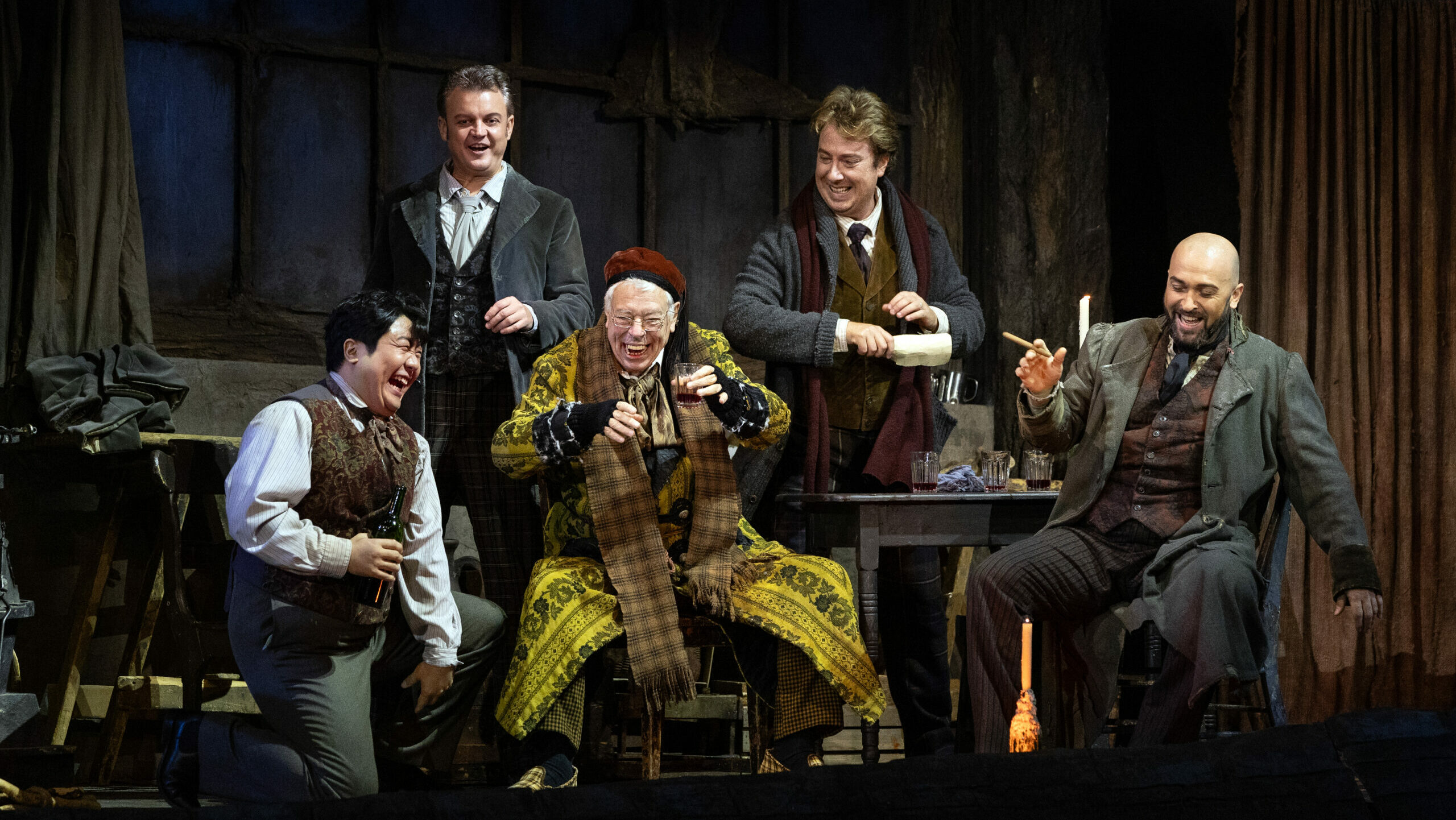
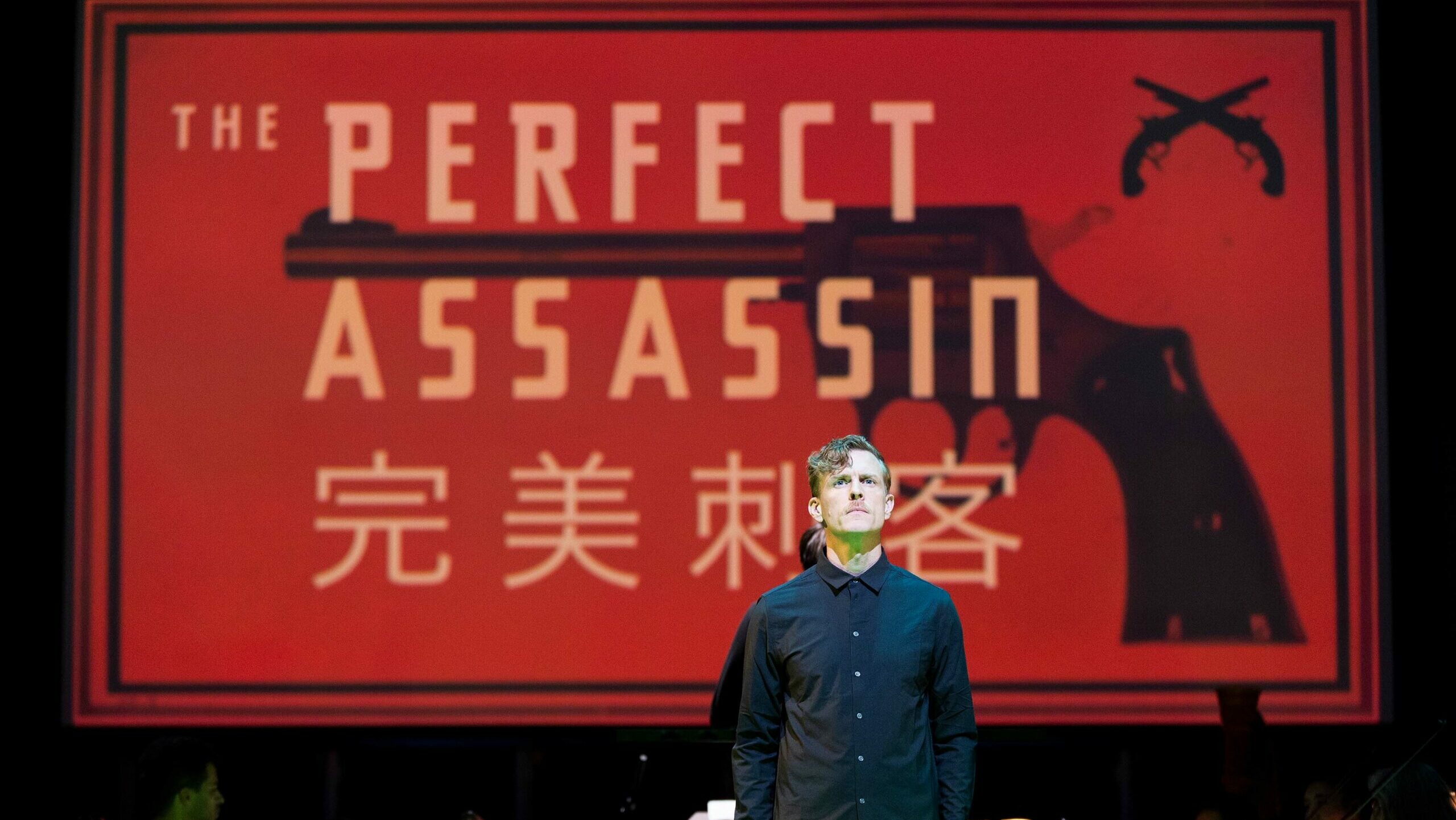
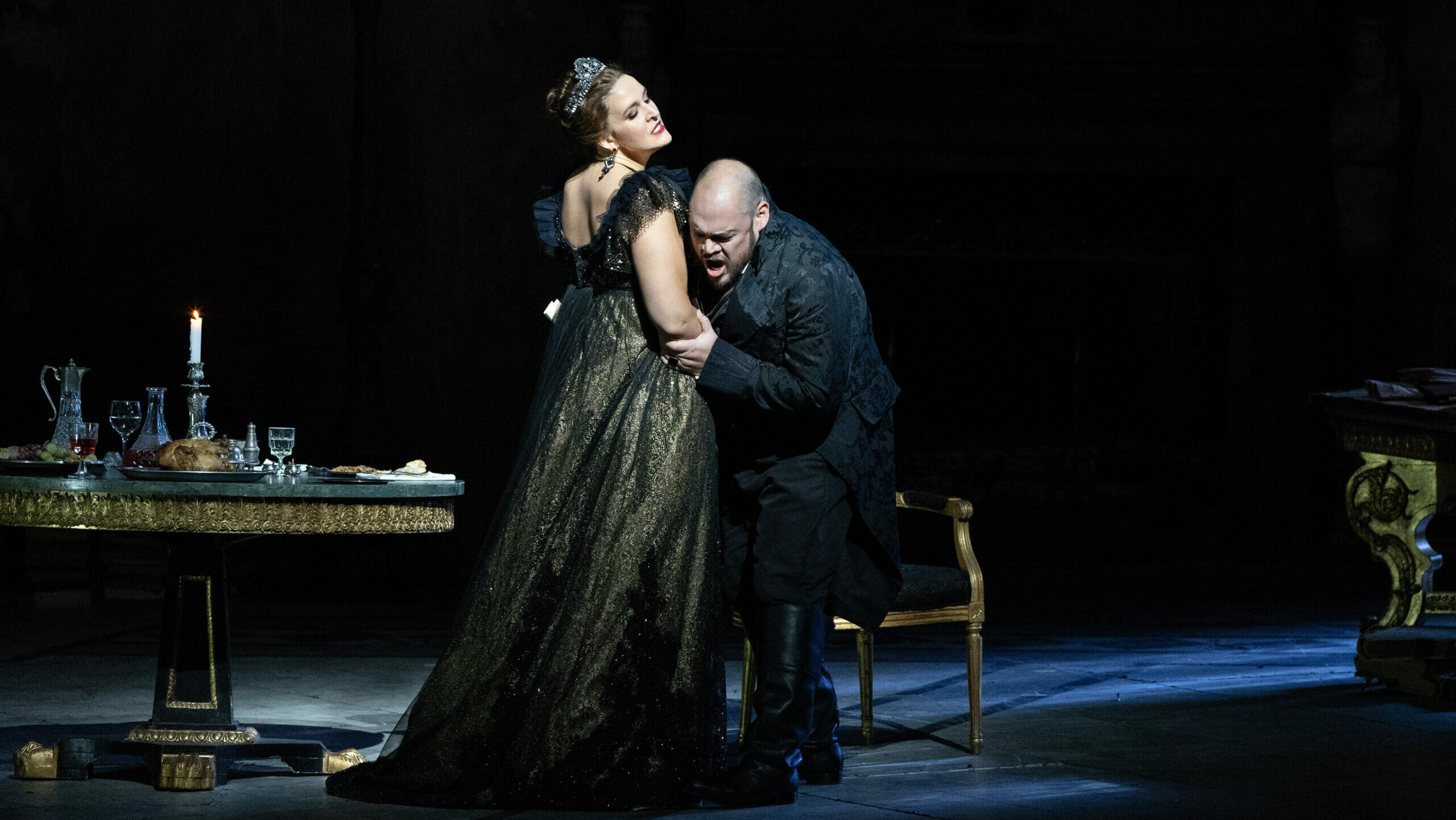


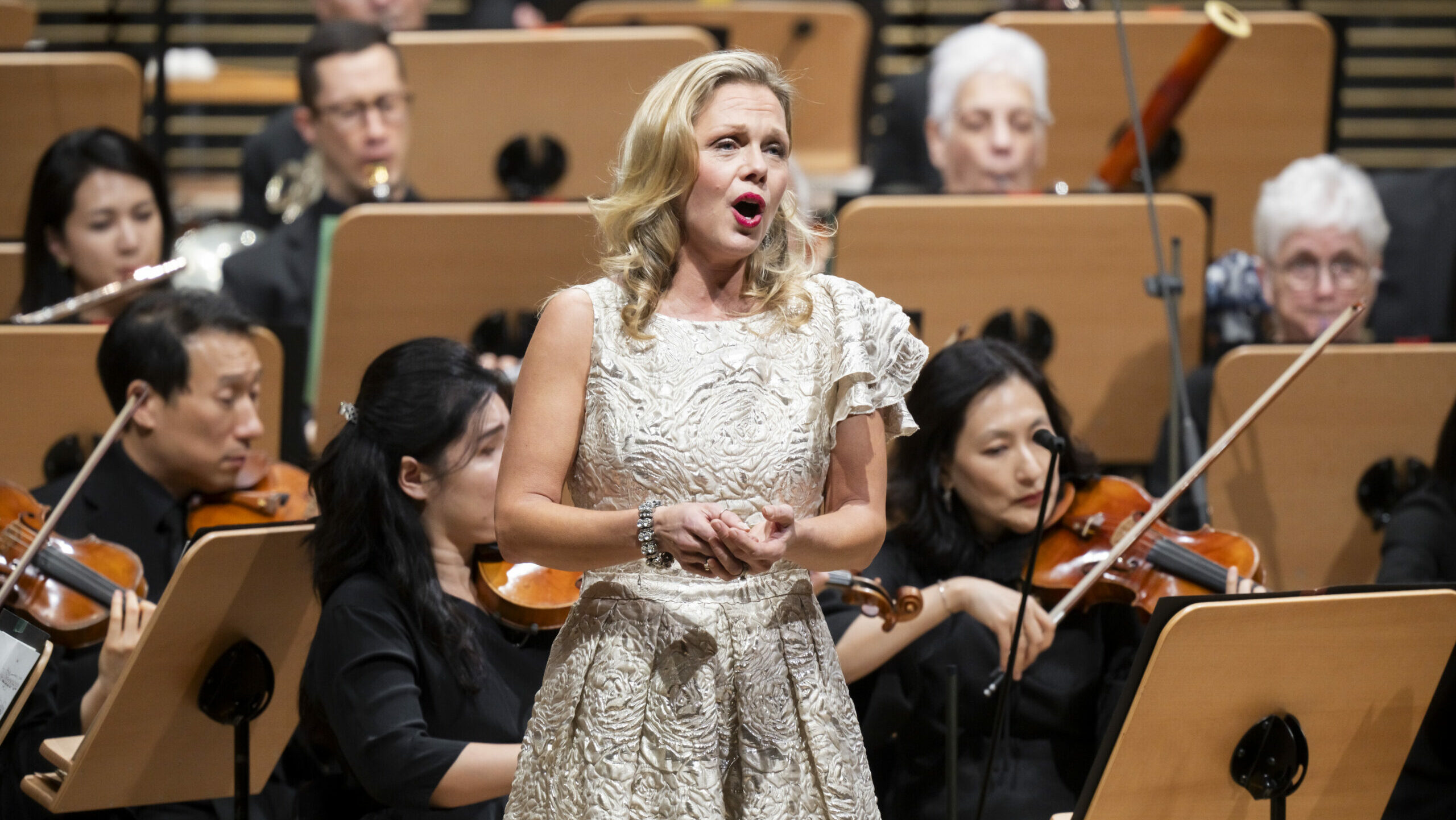
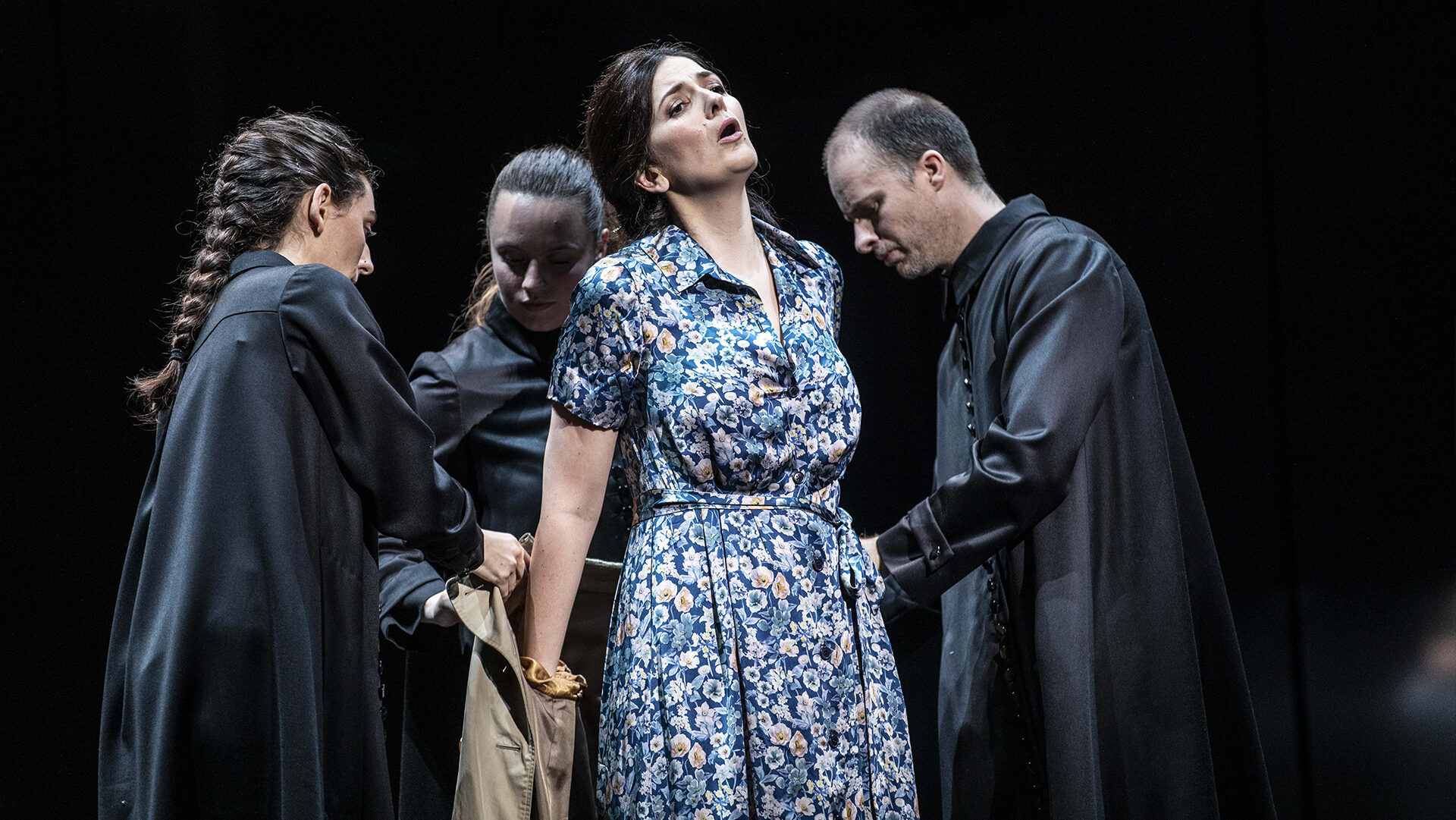
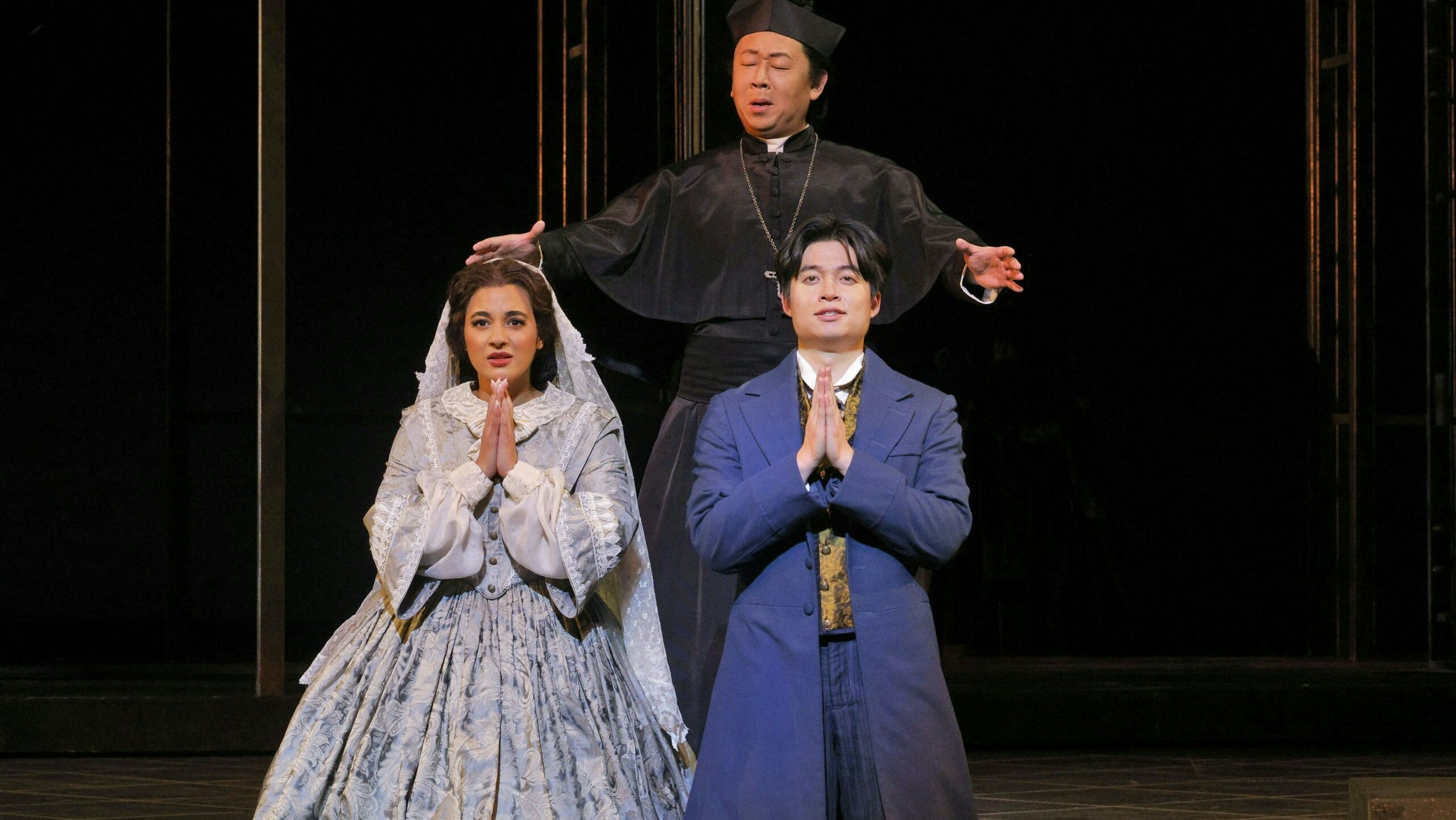
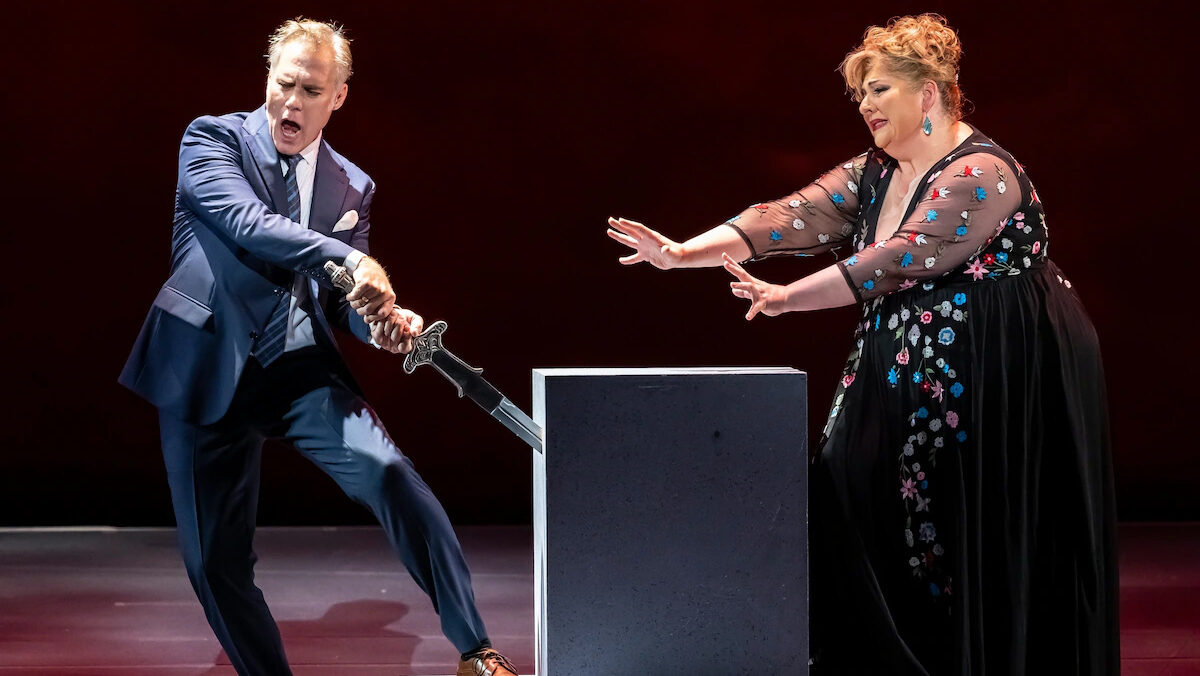
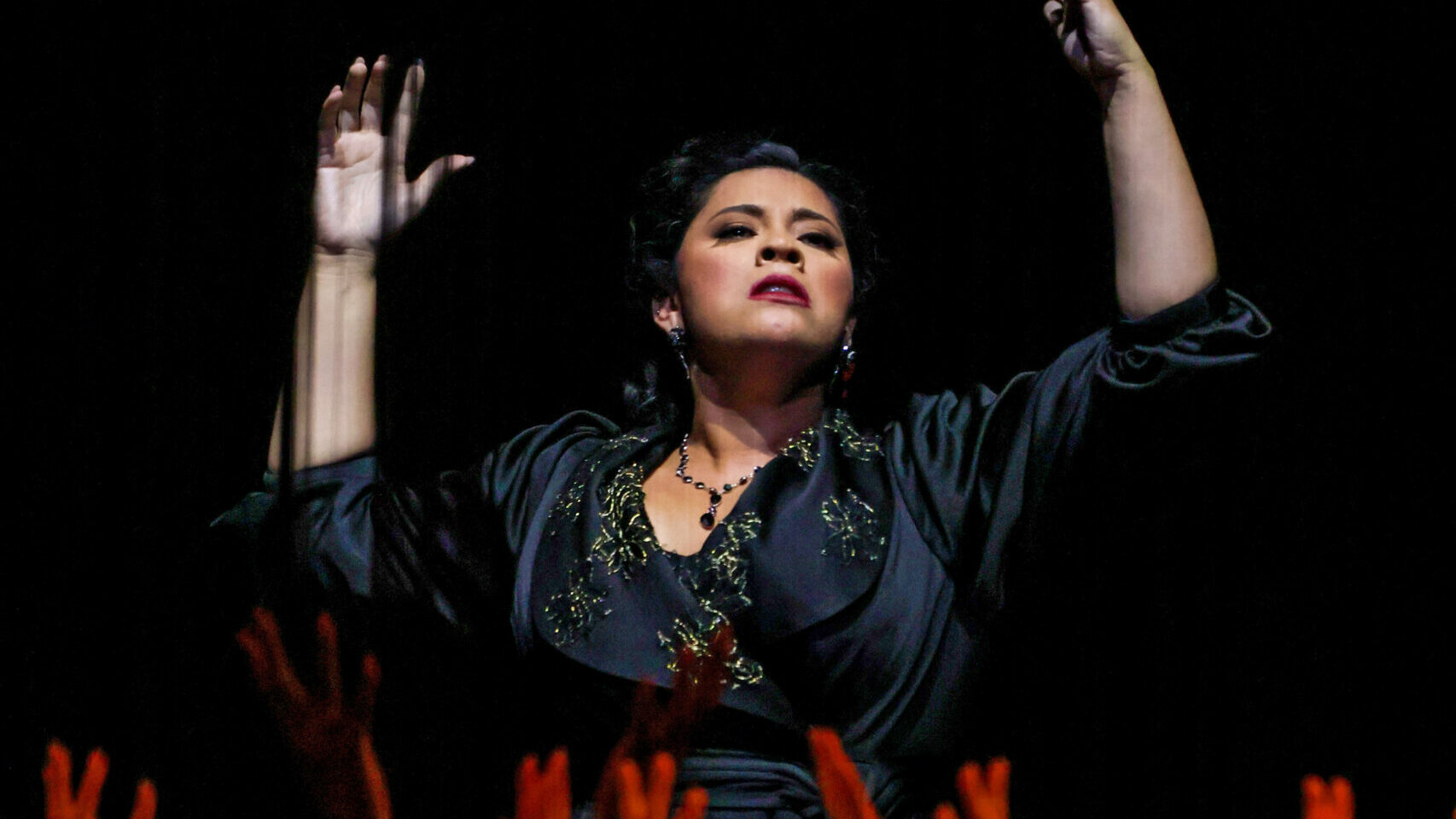
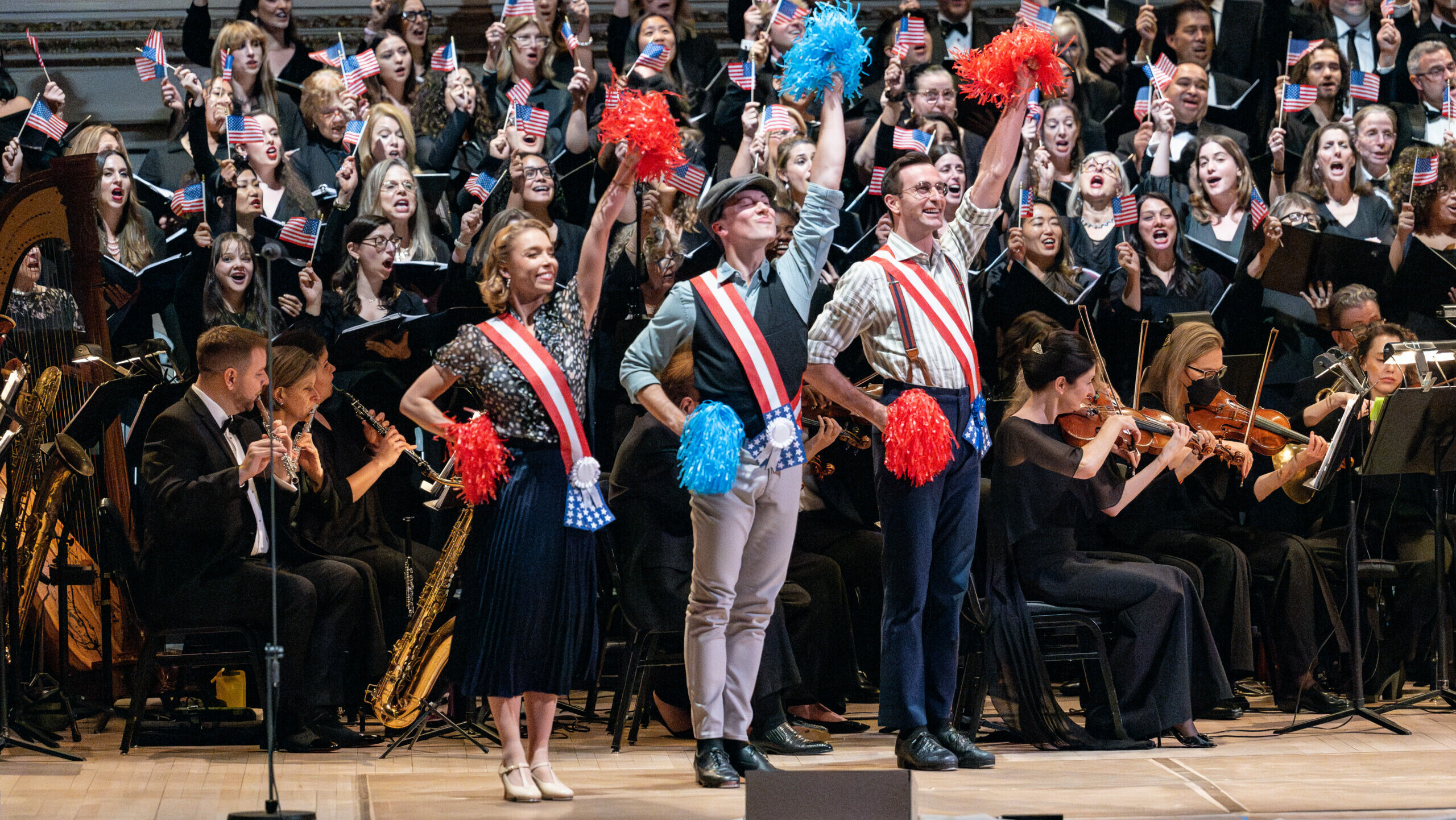
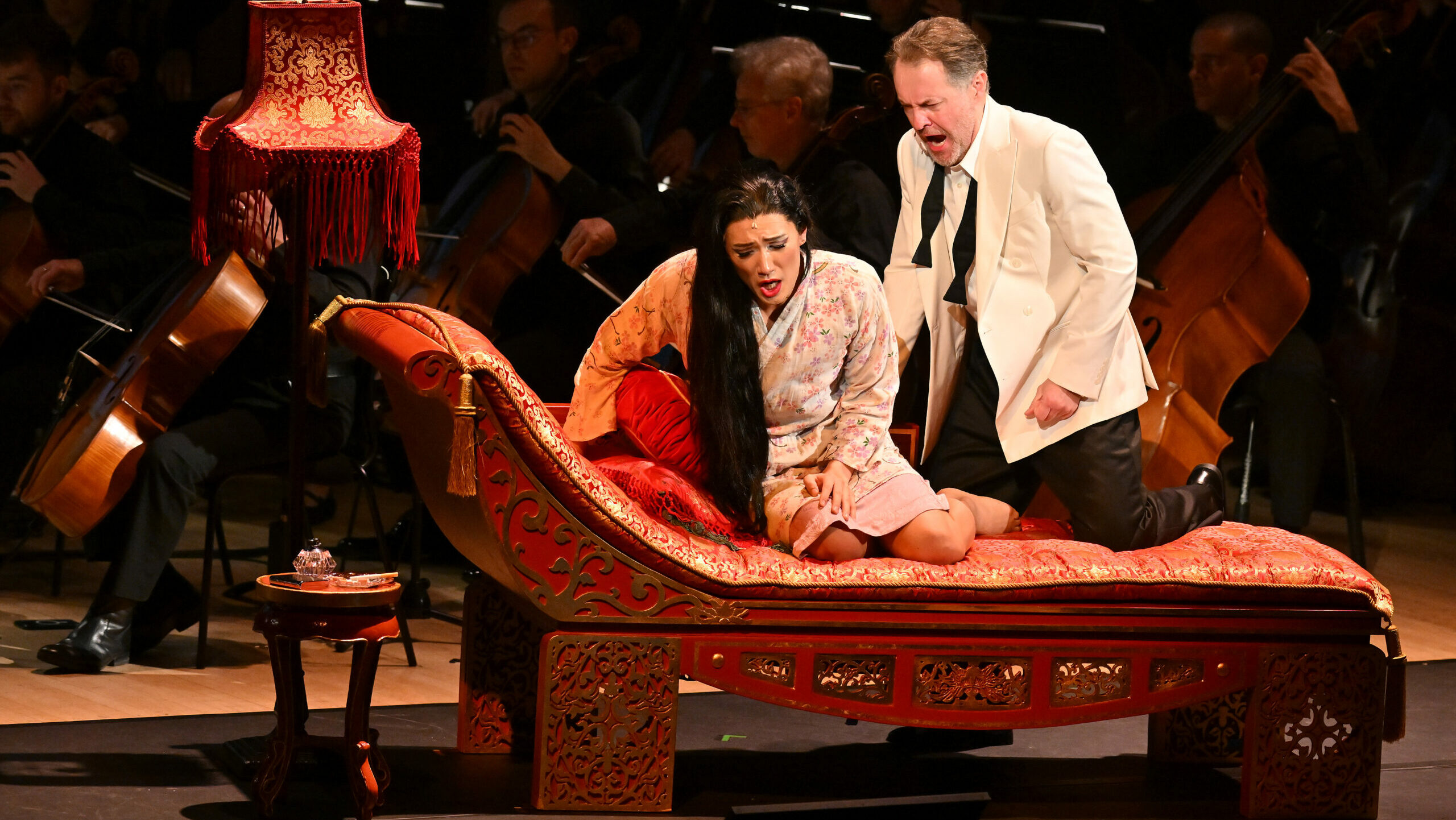
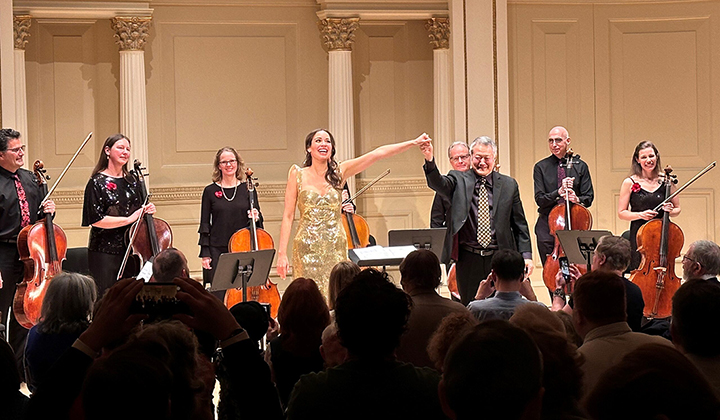






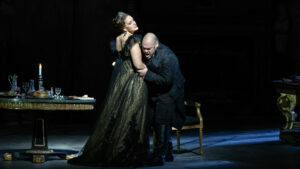
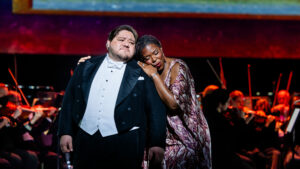



Comments